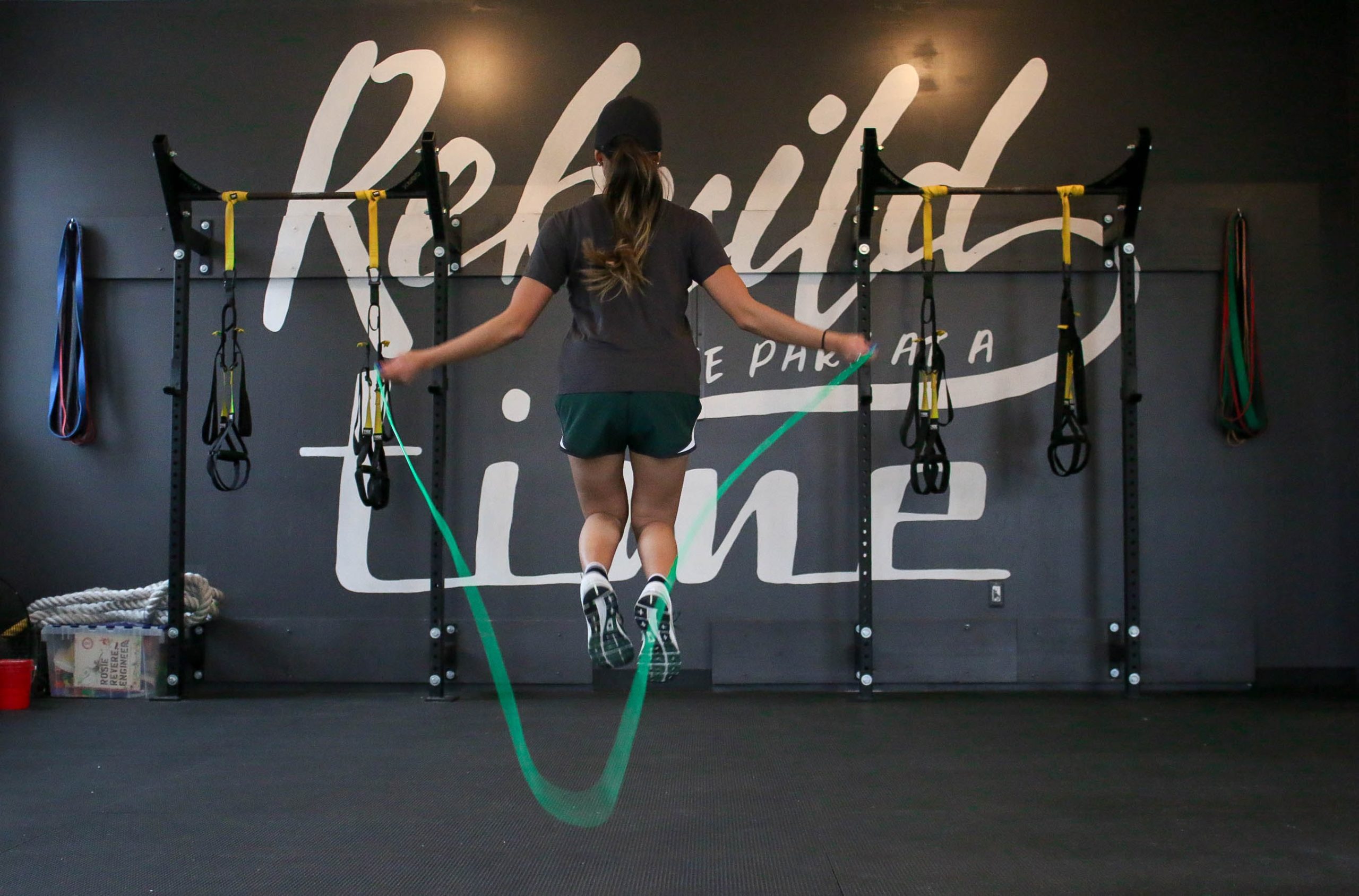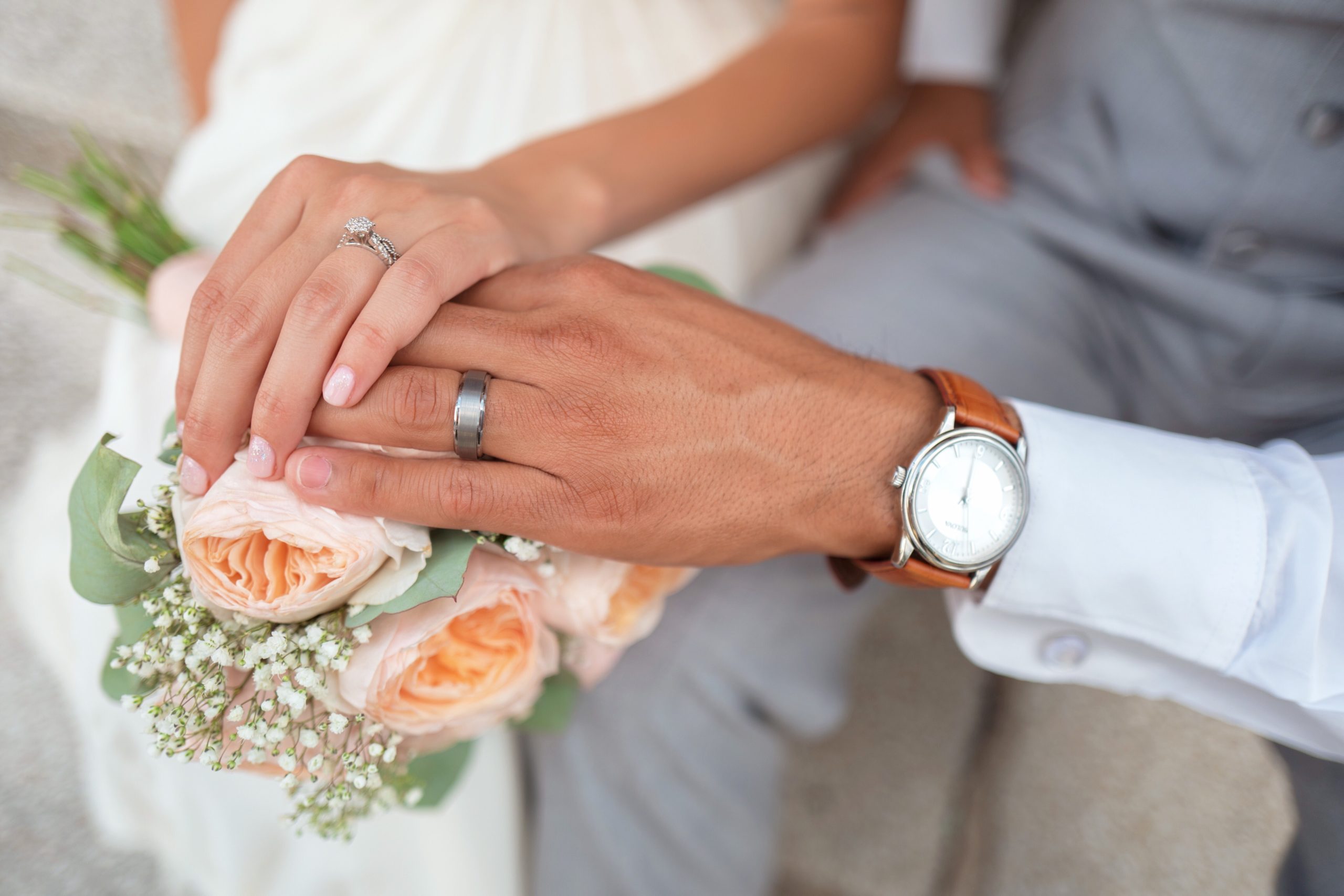
by rossanahead | Feb 15, 2012 | career, Education, Mari-an Santos, travel, woman
By Mari-An Santos
I was sitting at a popular restaurant in Bucharest, having lunch with a Romanian friend, and taking in the beautiful surroundings. There were blondes. There were brunettes. There were so many foreigners—and then it dawned on me, I am the foreigner. With my brown skin, small eyes, and jet black hair, I stood out like a sore thumb in a sea of Caucasians.
I’ve lived in the Philippines all my life. And because I’ve only traveled to nearby Asian countries, “looking different” had never been an issue for me. Now that I’m living in a European city that is not quite cosmopolitan, I find myself “looking different.” There are only a handful of Asians at the student dormitory where I live. I’ve seen a couple of Chinese and Japanese citizens, but that’s about it. The Filipino population here, not counting me and my schoolmate, is a measly 11.
On any given day, it’s not unusual to be gawked at on the street. I’ll be walking down the street and get stared at by my fellow pedestrians. I’ll be riding my bike to class and be greeted by “Ni hao” or “Sayonara.”
The other day, I was asking a shop owner about their products when she tells me that some of the soaps she makes contain Chinese teas. I politely tell her that it’s nice to know and that I am not Chinese. She apologizes and asks where I’m from.
At first, I was appalled by such occurrences, especially after someone told me that we Asians look alike. I explained to him that I could actually tell the Koreans from the Japanese, the Chinese from the Filipino. But eventually, I began to see things his way. From where I’m standing, I wouldn’t be able to tell the Europeans apart either.
And that’s perfectly fine.
Studying in a foreign land has not only opened my eyes to the reality that I am a citizen of the world, it has made me appreciate my being Filipino all the more. Even as I learn about other peoples, cultures, and places, I have learned to value home even more.
Photo by Kyle Gregory Devaras on Unsplash

by rossanahead | Feb 6, 2012 | career, Education, travel, woman
By Paula Bianca Abiog
Traveling is one of my favorite things to do, and I only realized I loved it when I was already working. I wasn’t able to travel much when I was a kid, since I didn’t have the means and my family wasn’t big on trips. Fortunately I found work in an industry that allows me to travel. Initially, I only went on work trips, but soon I was also planning my trips for leisure.
Since I started working, I’ve traveled to lots of places around the country, from Batanes up north to Zamboanga down south. What I love about traveling is that it gives you the chance to discover new places, try different kinds of food, face your fears, and learn more about yourself. Some of my most memorable trips are the ones that taught me a lot about myself. Just a few months after I graduated college, I was Boracay-bound—alone. It was a work trip for my first job. On my first night in Boracay, I cried in my hotel room. It was my first time to go anywhere alone, and immediately I felt very lonely. But the experience forced me to make new friends and be responsible for myself—I had to budget my money for food, and arrange my own boat transfers. By the end of that five-day work trip, the tears have dried up and loneliness was forgotten.
Soon after that trip to Boracay, I went on assignment to Zamboanga City. I knew I was still in the Philippines, but being there felt so different. I was in a predominantly Muslim city, and it was there where I learned to appreciate and respect the differences in our religions. Not to mention they had fantastic food over there, influenced by Indonesian and Malaysian cuisine.
A trip to Batanes, the northernmost province in the Philippines, helped clear my mind after a painful breakup. Hiking up the rolling hills of Marlboro Country, and watching the crashing waves where the Pacific Ocean and the South China Sea meet helped me gain some perspective. I came back to Manila feeling refreshed and ready to move forward.
Caving in Sagada, Mountain Province and “swimming” in the deep waters of Coron in Palawan, on the other hand, forced me to face my fears. The Lumiang-Sumaguing cave connection in Sagada took me four hours to finish, and it was a struggle to crawl, slide, and jump my way through the dark, slippery cave. In those four hours I felt like I was trapped the whole time, and I was constantly feeling panicky. Despite thinking that I won’t make it out of the cave alive, I felt delighted to have crossed the entire stretch of the cave connection.
In Coron, I realized I was terrified of not being able to touch the floor of the lake while keeping my head above water. I even had a full-fledged panic attack! The trip finally pushed me to take swimming lessons.
And my four-day vacation in Bangkok, my first trip in a different time zone, taught me how to properly plan for a trip—from booking plane tickets to arranging for accommodations and hotel transfers, and everything else in between. It also taught me to just wing it—while my travel buddy and I had a detailed itinerary prepared, you have to allow yourself some time to get lost and go with the flow.
Traveling for me is more than just an escape from my busy life in Manila. It gives me fresh ideas, forces me to think things through, and teaches me things I wouldn’t have picked up while sitting in my office cube. The reasons are more than enough to get me travel bugged.
Photo by Chen Mizrach on Unsplash

by rossanahead | Feb 2, 2012 | career, Education, woman
By Paige de Guzman
When I was still studying in college, I thought I had my life all planned out. I thought I knew what I wanted. When I graduated and went out to the real world, my life’s certainties blew up in my face. All of a sudden, my best laid plans were not what I wanted anymore.
As an undergraduate, I felt like I was a soldier being propped up for battle. I had the best teachers, the best books, the best facilities, and one of the most expensive tuition fees. When I graduate, I thought my life would sail smoothly just like it did at the university.
Well, I was in for a surprise.
While I managed to ace almost every subject I took, I found out that in the real world, I didn’t know everything. While I mastered theories and concepts, I found out that in the real world, things don’t always work out the way they’re supposed to. A lot of variables come into play in everyday life, something that’s absent in pristine libraries and laboratories.
But still I say: Study. Study hard. Study everything that you could get your hands, but make sure you get some practical learning as well. Join organizations. Be active on projects. Read books. Know the world around you. Meet new people. Make connections.
As an undergraduate, you may think that you know everything. But out in the real world, you’ll realize you know nothing at all. Your education is the foundation, but it’s up to you to fashion it into a bright future.
Photo by Siora Photography on Unsplash

by rossanahead | Jan 16, 2012 | career, Education, woman
By Paula Bianca Abiog
I say “athlete” because I don’t think I am one in its strictest sense. I don’t follow a really strict training routine, or compete in tournaments. I’m not even excelling in a particular sport. But my friends say I’m an “athlete” because I’m into tennis and running. And I’ve tried (and loved) boxing. Now I’m learning to swim.
I never thought I’d end up an “athlete.” I wasn’t a very active kid. Sure, I was able to try volleyball, softball, and a host of other games and sports during my PE classes in grade school and high school. But outside of PE, I pretty much just sat in a corner and read books. I started tennis lessons when I was 13, and I loved it, even if I only got to play in the summer. My only other hobby that involved movement was dancing, and I didn’t even do that often enough.
Things changed, though, when I started working. The long hours spent researching, interviewing, transcribing, and writing articles, and fast food lunches and takeout coffees that had more sugar than actual caffeine, have taken their toll on my body. Ballooning to almost 170 lbs wasn’t pretty, and I had to do something about it. So I signed up at a gym.
At first, I hated it. I couldn’t lift weights properly. I was exhausted after five minutes on the treadmill. I got cramps when I first tried the cardio martial arts class. But as months passed, as I got stronger and my endurance improved, I began to love gym more. I looked forward to attending group classes, even on weekends. After about a year of going to the gym, I went on the tennis courts again. And shortly after that, a friend introduced me to boxing.
I was enjoying my newfound love for sports, that I didn’t even notice the pounds slowly melting away. I just started feeling more confident and more content in my own skin. What started as a way to shed the pounds has led me to discover how I loved being active. It also gave me enough encouragement to try running (which I originally didn’t like, as I didn’t see the point of running just for the sake of running, and not because I’m trying to escape from criminals or zombies), and then swimming.
Sure, I still don’t have that 24-inch waistline (given my body type, I’m not sure it’s possible at all) and there’s still (lots of) room for improvement with muscle tone. But I’m proud of the 30 lbs or so that I’ve lost so far. I’m even prouder of myself because I learned that I can last seven rounds in the boxing ring with my sparring coach, that I can finish a 10K run in less than 90 minutes, and that I can hit pretty decent forehands and backhands.
Being the accidental “athlete” has led me to a new passion; one that I never thought I’d be able to, or have the guts to do. For a very long time, I was branded the “chubby nerd” and “the inert one.” Discovering that I can do sports now, in my 20s, made me realize that you’re never too old to try something new, or discover an aspect of your personality that you never thought existed.
Photo by Element5 Digital on Unsplash

by rossanahead | Jan 11, 2012 | children, family, parenting, woman
By Tina Arceo-Dumlao
Some popular movies, songs, and television shows would have us believe that marriage is a fate almost worse than death, often referred to as a trap, the end of the happy life or a one-way ticket to endless misery. But marriage can be the exact opposite, believe it or not.
Instead of a trap, marriage can free us to become better people. It may be the end of the carefree life but also the beginning of a more meaningful and fulfilling existence. If you decide to have children and become parents, it adds another dimension to your relationship. Instead of misery, marriage can indeed lead us to our real destiny on earth, the reason for our being.
Last Dec. 11, 2011, my husband and I celebrated our 18th wedding anniversary and we like to believe that we are as happy now as we were that day in 1993 when we became man and wife in the eyes of God, if not more.
And so the young and restless colleagues and friends who are about to get married ask me, how do you keep the marriage happy and fulfilling?
Here are a few tips based on what worked for me these past years.
Pick your battles. Not everything is worth fighting over just so you can say you’ve ‘won’ an argument. Fight for the big decisions you really believe in such as what kind of a parent you’d like to be or where you’d like your children to go to school, for instance, and just agree to disagree on others. You win some, you lose some. Compromise is at the heart of any working marriage.
Decide on money matters as early as possible. Assuming that both of you work, it is best to have separate individual accounts and then maybe a joint account for joint expenses. You’ve earned your money, so you’ve certainly earned the right to spend it the way you wish. But of course, agree to share in big expenses, just so you won’t end up paying for everything yourself while your spouse spends on luxuries.
Fix the schedule for the holidays. One of the major sources of heartaches is the holiday schedule. Talk about where you want the family to spend Christmas and New Year’s or even Sunday lunches or dinners. Once that’s fixed, there will be less haggling over where to spend these important dates, and less whining over “but we always go to your family.”
Respect ‘alone’ time. It’s not healthy for any relationship – even marriage – to be perpetually in each other’s pockets. We are individuals, after all, with needs and wants that cannot always be met by your spouse. So go out with friends, have a weekend alone, or just go somewhere you can recharge. It’s not a crime. Remember, there is a you, there is a he or she and there is an us.
Don’t try to change your spouse. We all have our quirks: some are annoying, some are cute. Don’t try to get rid of each and every one of them just to fit your notion of what a spouse should be. Nobody is perfect. Not even you, so don’t expect your spouse to be perfect. I always tell the romantics out there, if you were annoyed by one habit before you got married, chances are you will still be annoyed years later. So can you take it?
Lastly, share loads of laughter. There’s nothing like laughter to cure any ills in a relationship. I always say, if you can laugh about practically anything and everything with your husband or wife, then you’re on your way to a fulfilling journey together that will hopefully last as long as you both shall live.
Photo by Drew Coffman on Unsplash





